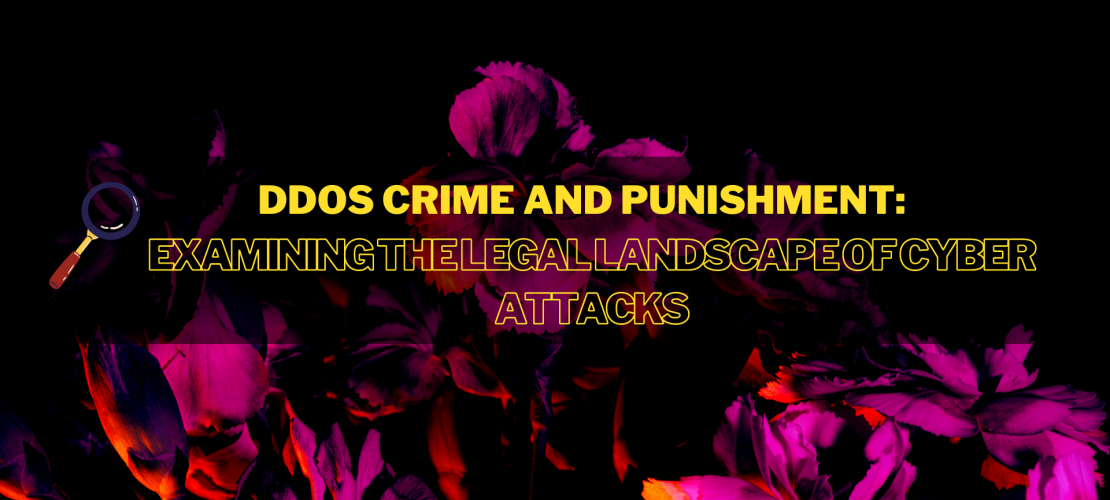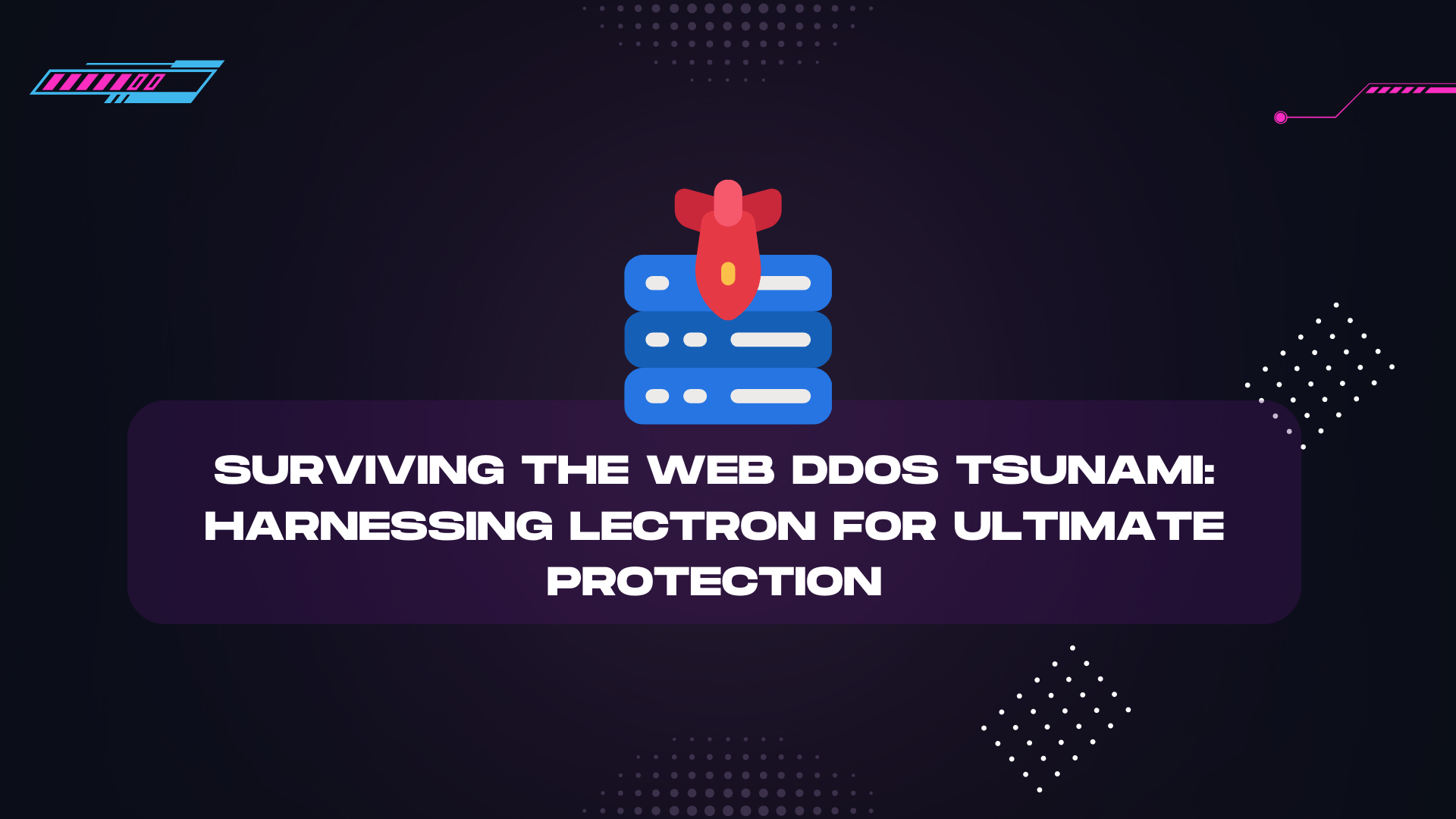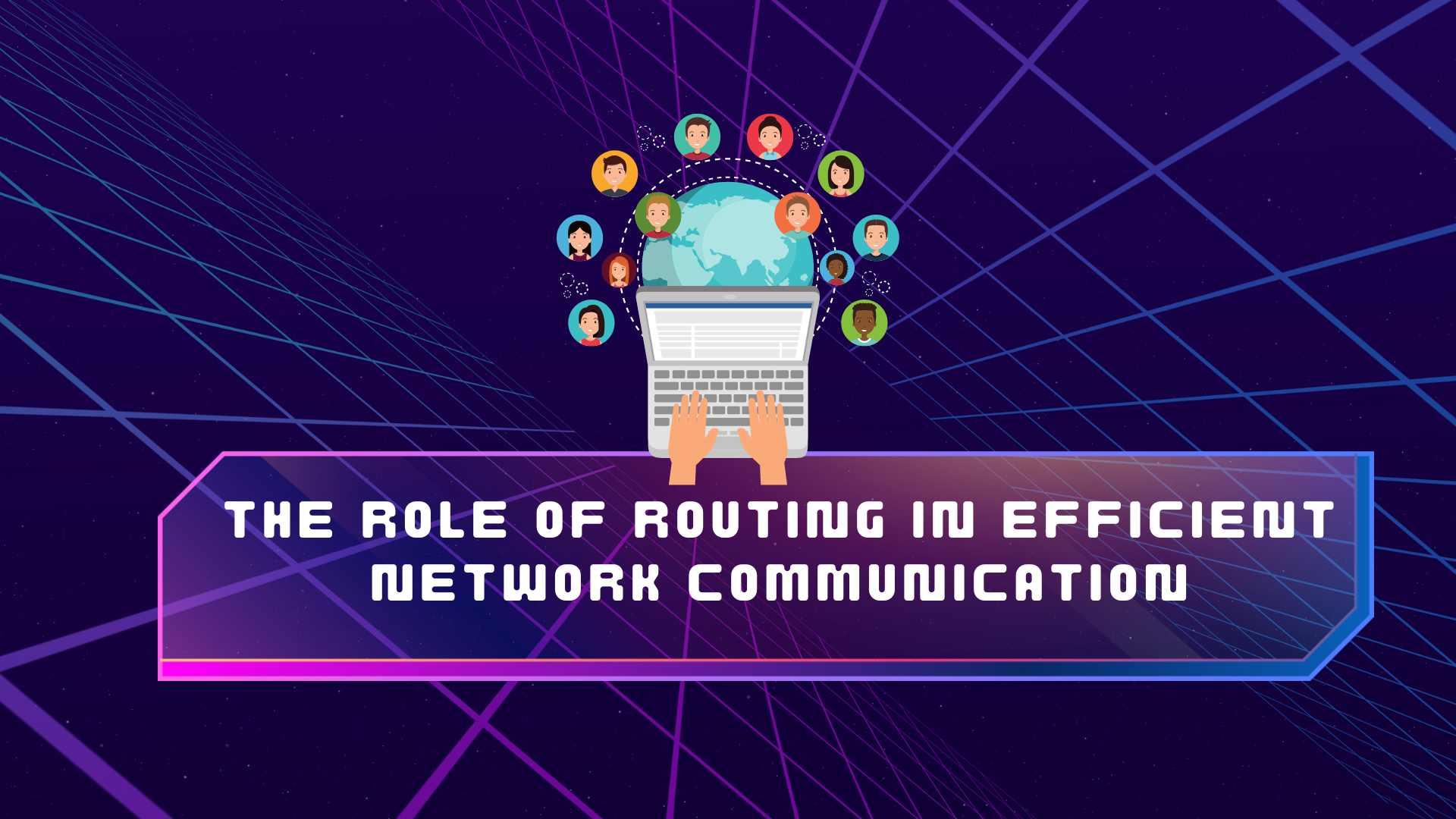The number of Distributed Denial of Service (DDoS) attacks is growing at an alarming rate, and they are becoming more sophisticated, causing significant damage to businesses and organizations worldwide. DDoS attacks have evolved from being just a nuisance to being a serious threat, causing loss of revenue, customer trust, and even putting lives in danger.
With the increased frequency and severity of DDoS attacks, it is crucial for businesses and organizations to understand the legal landscape surrounding cyber attacks. This blog post will examine the legal consequences and punishments for DDoS attacks, as well as the steps organizations can take to protect themselves.
What is a DDoS attack?
Before we dive into the legal landscape of DDoS attacks, it’s essential to understand what they are. A DDoS attack is an attempt to overwhelm a server, network, or website by flooding it with traffic from multiple sources, making it inaccessible to users. Cybercriminals use a variety of methods to launch DDoS attacks, including botnets, amplification attacks, and application layer attacks.
Legal Consequences of DDoS Attacks
DDoS attacks are a criminal offense in most countries, and the legal consequences vary depending on the jurisdiction. In the United States, the Computer Fraud and Abuse Act (CFAA) criminalizes DDoS attacks and other forms of computer-related crimes. Under the CFAA, a DDoS attack can result in a fine, imprisonment, or both.
In the United Kingdom, DDoS attacks fall under the Computer Misuse Act, which also criminalizes hacking and unauthorized access to computer systems. The penalties for a DDoS attack in the UK include imprisonment, a fine, or both.
In Australia, the Cybercrime Act of 2001 criminalizes DDoS attacks, and the penalty for such an offense can range from a fine to imprisonment for up to 10 years.
In many countries, the severity of the punishment depends on the damage caused by the attack. For example, if a DDoS attack results in the loss of revenue or damages, the offender may face harsher penalties. Additionally, the use of a botnet to launch a DDoS attack may result in more severe punishment.
Steps Organizations Can Take to Protect Themselves
To protect themselves from DDoS attacks and the legal consequences associated with them, organizations can take several steps:
- Implement a DDoS protection solution: One of the most effective ways to protect against DDoS attacks is to implement a DDoS protection solution. These solutions can detect and mitigate DDoS attacks, keeping your network and website up and running.
- Create an incident response plan: Organizations should have an incident response plan in place that outlines the steps to take in the event of a DDoS attack. This plan should include who to contact, what steps to take to mitigate the attack, and how to communicate with customers and stakeholders.
- Conduct regular security assessments: Regular security assessments can help identify vulnerabilities in your network and website, allowing you to take steps to address them before an attack occurs.
- Train employees: Employees should be trained on how to identify and report suspicious activity, as well as how to respond in the event of a DDoS attack.
Conclusion
DDoS attacks are a growing threat to businesses and organizations of all sizes. It is important to understand the legal landscape surrounding these attacks, both in terms of potential punishments for perpetrators and the responsibilities of businesses to protect themselves and their customers. By taking a proactive approach to DDoS defense, including implementing strong security measures, creating an incident response plan, and seeking legal counsel, businesses can help to mitigate the risks and minimize the impact of DDoS attacks. It is also essential to stay up-to-date on evolving threats and legal developments in the cybersecurity space to ensure the best possible protection for your organization.




